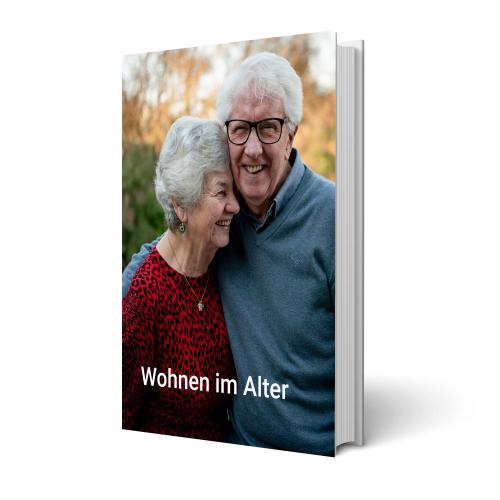Why giving away instead of bequeathing makes sense
3 min.
If you know that you and your siblings will inherit a house from your father or an aunt, it may be advisable not to wait until it is transferred to your descendants after your death. It is often more expedient for the testator to transfer their assets during their lifetime, i.e. to make a gift. On the one hand, this creates legal clarity because the will of the testator is clearly regulated. In addition, high tax allowances can be claimed.
Such an anticipated inheritance can be particularly advisable for real estate, because unlike financial assets, a house or apartment cannot be divided up. And property heirs are not always in a position to pay the inheritance tax due or to pay their siblings a share of the property value. In the worst case, they have to sell it.
If you want to save your descendants high tax payments, you can make a gift of your property. The donor can agree that the gift will be made on his death ("cold hand"); however, he can also give a warm hand to loved ones during his lifetime. In both cases, the beneficiaries must pay gift tax on the property. The amount depends on the degree of kinship to the donor, their own tax bracket and the tax allowances.
Direct descendants such as children have an allowance of 400,000 euros each. This can be claimed every ten years when making a gift inter vivos. The catch is that the property may not be sold during this period. The market value is used as the basis for calculating the tax. Registered residential rights have a tax-reducing effect because they rightly reduce the value of the property and would be more difficult to sell with this usufruct.
No donor has to worry about losing their rights to the property after the transfer. Their risks can be mitigated with residential and usufructuary rights. With the latter, the benefactor retains the right to use the property and collect rents even after the transfer. At the same time, he is responsible for ongoing costs. These legal ties are entered in the land register.
In serious cases, the gift can be reversed due to gross ingratitude. In addition, a clawback proviso can be agreed in the notarial deed.
If assets made of bricks and mortar are to be transferred to distant relatives such as nieces or godchildren to whom you are not related, it is possible to adopt them. They are then treated as biological children for tax purposes. Accordingly, they benefit from high tax allowances if a property is gifted or bequeathed to them.
People often avoid the topic of gifts and inheritance during their lifetime because they are reluctant to deal with their own transience. Yet clear agreements after death can prevent many disputes. Testators often promise their descendants a property or financial assets verbally before their death. In reality, however, such declarations of intent have no relevance.
Are you considering giving a property as a gift or are you to receive a property yourself? We can help you with the valuation.
Photo: sqback












